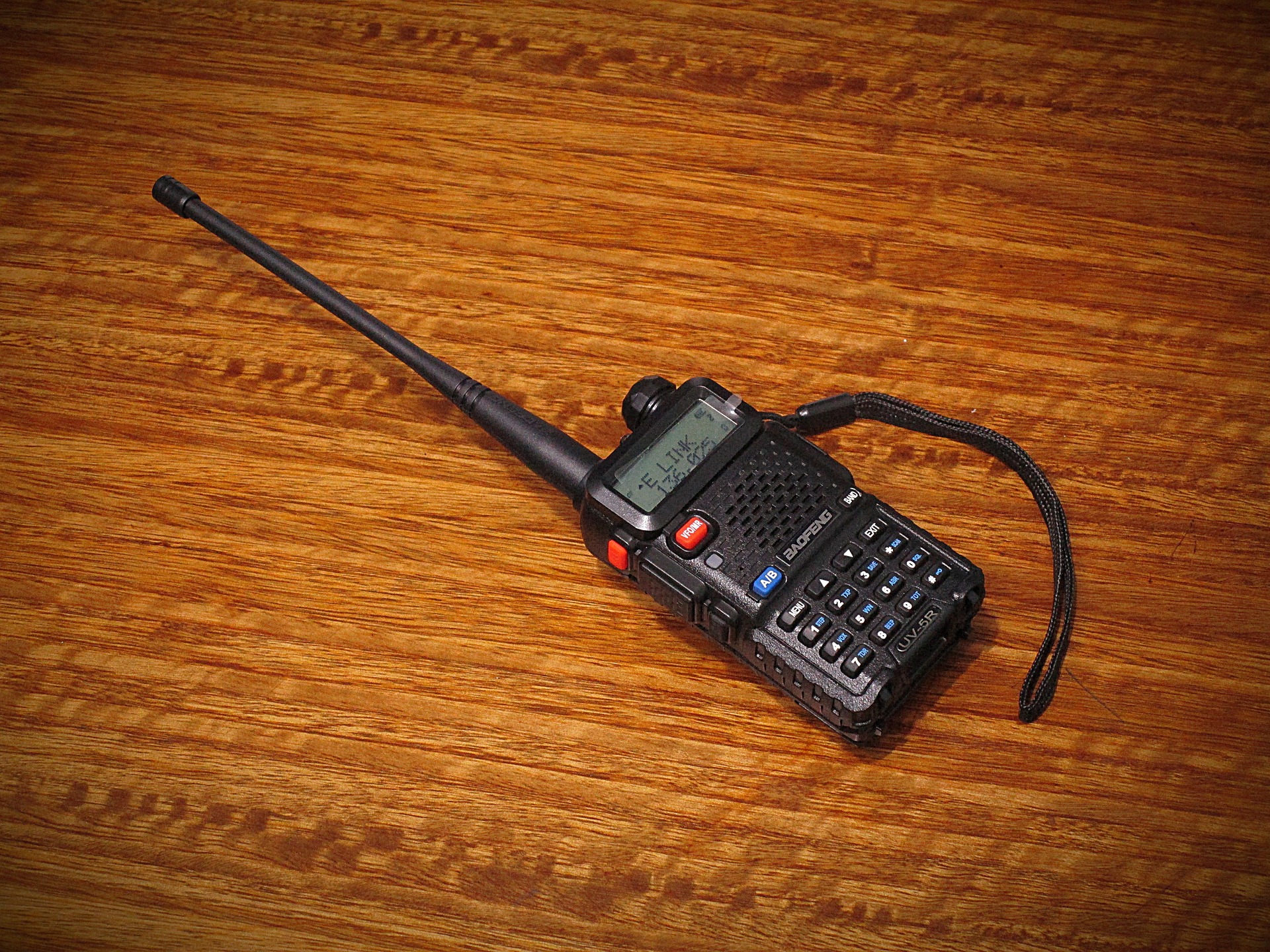Efficient communication is crucial to maintaining productivity, safety, and customer satisfaction. With numerous moving parts and the need for real-time information, effective communication tools are essential for coordinating operations. One of the most effective solutions for fleet communication is commercial radio. These devices offer a range of features that enhance communication and streamline processes, making them an invaluable asset for any fleet operation.
Benefits of Two-Way Radios
At the heart of fleet communication is the ability to transmit and receive messages quickly and reliably. This is especially important when managing a fleet of vehicles that are constantly on the move. The two-way dispatch radio allows for instantaneous communication between drivers and dispatchers, enabling quick responses to issues as they arise, which reduces delays and improves operational efficiency. Whether dealing with route changes, traffic conditions, or emergencies, two-way radios facilitate timely decision-making. These radios also reduce reliance on cellular networks, which can be unreliable in certain areas, especially in rural or remote locations.
Unlike mobile phones, two-way radios operate on dedicated frequencies, ensuring consistent communication without interruptions from poor signal strength or dropped calls. This reliability is especially important in industries where safety is paramount, such as transportation, logistics, and emergency services.
Enhanced Safety and Accountability
Using commercial radios in fleet operations significantly enhances safety and accountability. With immediate access to communication, drivers can report safety concerns or hazardous conditions promptly. For instance, if a driver encounters a road hazard or an accident, they can quickly inform dispatch, who can then take appropriate action to reroute other vehicles or notify authorities.
Furthermore, commercial radios enable the monitoring of driver behavior in real time. Dispatchers can communicate with drivers to remind them of safe driving practices, address reckless behavior, or provide assistance if a driver is lost or experiencing difficulties. This constant oversight helps foster a culture of safety and responsibility among drivers, leading to fewer accidents and improved compliance with safety regulations.
Cost-Effectiveness and Operational Efficiency
Investing in commercial radios can lead to significant cost savings for fleet operations. While the initial cost of purchasing radios and the necessary infrastructure may seem high, the long-term benefits far outweigh these expenses. Effective communication reduces downtime and increases productivity, leading to better overall performance and profitability.
For example, with instant communication capabilities, drivers can receive updated job assignments and instructions without delay. This reduces the time spent waiting for directions or confirmations, allowing them to complete tasks more efficiently. Additionally, improved communication leads to better customer service, as dispatchers can provide real-time updates to clients regarding delivery times or service delays.
Moreover, the durability and longevity of commercial radios make them a cost-effective option compared to mobile phones. Commercial radios are designed to withstand the rigors of daily use in demanding environments, which means fewer replacements and repairs over time.
Integration with GPS and Other Technologies
Modern commercial radios can seamlessly integrate with GPS and other fleet management technologies. This integration allows for enhanced tracking and monitoring of vehicles, providing dispatchers with real-time location data. By knowing where each vehicle is at any given time, dispatchers can optimize routes, allocate resources more effectively, and reduce fuel costs.
Furthermore, the combination of GPS and two-way radios enables a more coordinated response to emergencies. For instance, if a vehicle breaks down, the dispatcher can quickly locate the nearest service provider and communicate directly with the driver for updates, ensuring a timely resolution.

Customization and Scalability
Another advantage of using commercial radios for fleet communication is their customization and scalability. Different fleets have unique needs, and radios can be tailored to meet specific operational requirements. For example, fleets can choose from various models with different features, such as weatherproofing for outdoor use, noise-cancellation technology for clearer audio, or multiple channels for communication across different departments.
As businesses grow, their communication needs may change. Commercial radios can easily be scaled up to accommodate new vehicles or employees without the need for extensive infrastructure changes. This flexibility allows fleet managers to adapt their communication strategies as their operations evolve.
In an increasingly competitive market, efficient communication is vital for successful fleet operations. Commercial radios, particularly two-way radios, offer a reliable and effective solution for improving communication efficiency. With benefits such as enhanced safety, cost-effectiveness, integration with technology, and customization options, these devices are invaluable for modern fleets.
By investing in commercial radio systems, businesses can enhance their operational efficiency, improve driver accountability, and ultimately provide better service to their customers. The investment in quality communication tools pays off through increased productivity, reduced costs, and a safer working environment for drivers. As fleets continue to navigate the challenges of modern logistics and transportation, the importance of effective communication through commercial radios cannot be overstated.

